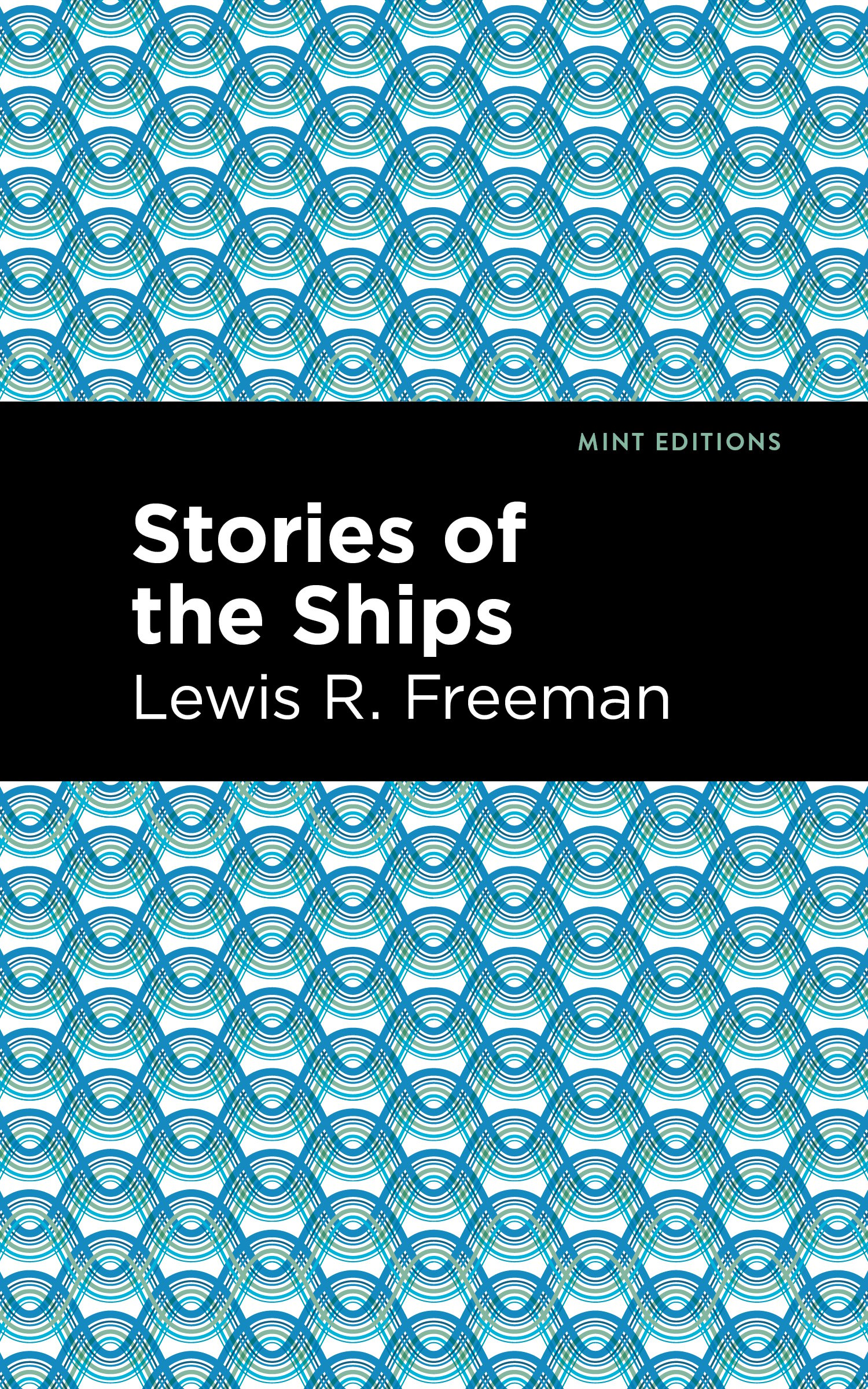Lewis R. Freeman
Lewis Ransome Freeman (4 October 1878, Genoa Junction, Wisconsin – 6 November 1960 Pasadena, California) was an American explorer, journalist and war correspondent who wrote over twenty books chronicling his many travels, as well as numerous articl
... Read more
Lewis Ransome Freeman (4 October 1878, Genoa Junction, Wisconsin – 6 November 1960 Pasadena, California) was an American explorer, journalist and war correspondent who wrote over twenty books chronicling his many travels, as well as numerous articles.Freeman was born in Genoa Junction, Wisconsin, the son of Otto Freeman and Maria (Clary) Freeman, and moved with his family to Pasadena, California as a boy. He attended Stanford University, where he earned letters in football, baseball, tennis and track, and graduated in 1898. Remarkably, while a student at Stanford, he also served as coach of the University of Southern California's football team in 1897. The team's schedule included games on Thanksgiving, Christmas and New Year's Day, compiling a record of 5-1 and outscoring opponents 100-18; the only blemish was an 18-0 road loss on Christmas to a San Diego YMCA team, USC's second game ever outside of Los Angeles County. (USC teams were called the Methodists before becoming the Trojans in 1912.) Freeman was the team's first coach since its initial season in 1888, and brought the players new, standard uniforms with "USC" on the front and all the other elements common for the period. Afterward, USC football teams again played without a coach until 1901.[3]
After graduating from Stanford, Freeman spent the years 1899 to 1912 traveling throughout the Americas, Asia, Africa and the Pacific Islands, although in his various returns to Pasadena he continued his athletic endeavours, winning the 1903 Ojai Valley Tennis Tournament in both men's singles[4] and doubles, also finishing as doubles runnerup in 1908.[5] In 1905 he served as a war correspondent in the Russo-Japanese War, and in 1910 he was a member of a commission of Pacific Coast chambers of commerce which traveled to China. During World War I he was a correspondent with the British, French, and Italian armies from 1915 to 1917, and he became a lieutenant in the Royal Naval Volunteer Reserve in 1917-18. He was a correspondent attached to the Grand Fleet late in the war, and was a staff member for the Inter-Allied Naval Armistice Commission which traveled to Germany in 1918.
Less









